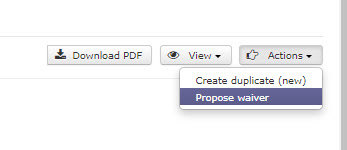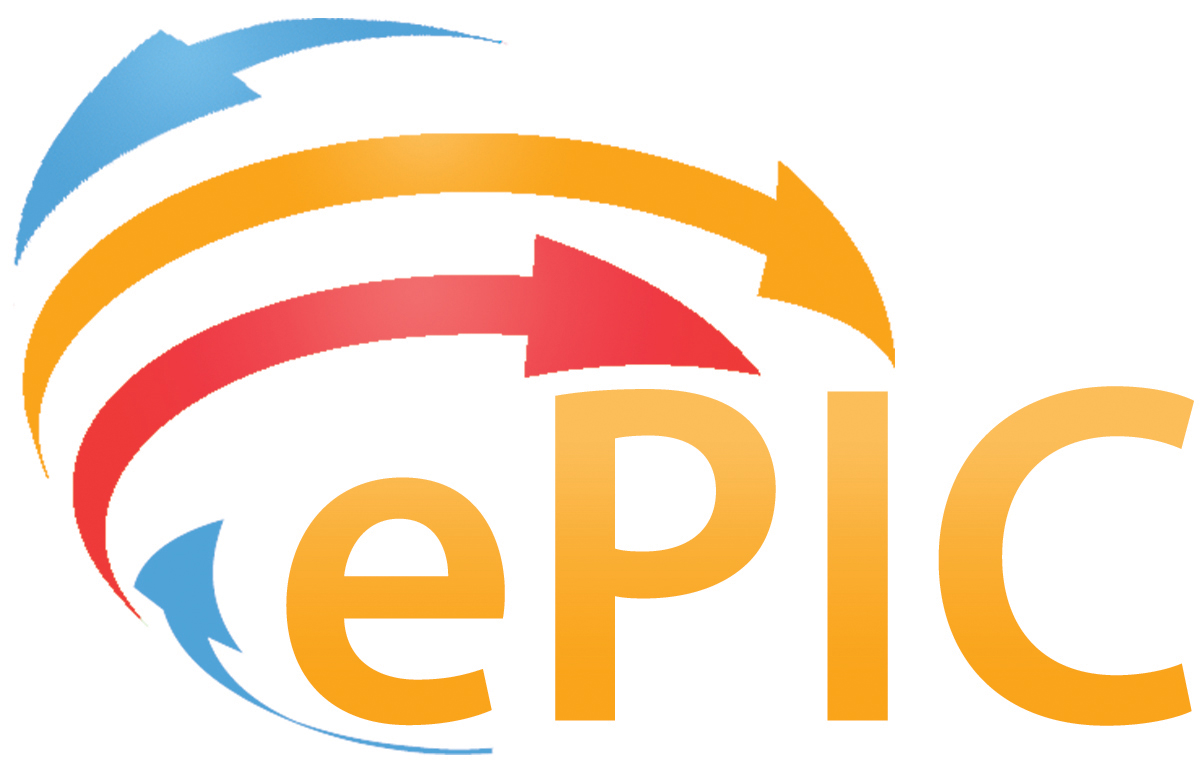Proposing waivers through ePIC
Proposing waivers through ePIC

If you are an EU-based company planning to export a chemical listed in Part 2 or 3 of Annex I to the PIC Regulation, the importing country where you intend to export needs to give their consent before you can export the chemical. If the importing country does not respond to your designated national authority’s request for explicit consent, you may propose a waiver to the explicit consent requirement.
To be able to submit a waiver, you need documentary evidence from official sources in the importing country showing that the chemical you intend to export is allowed in their country. Waiver proposals are submitted through ePIC.
Waivers are:
Assessed on a case-by-case basis by the exporter’s designated national authority and the European Commission.
Exporter-specific and can be valid up to 12 months from the date they have been accepted in ePIC.
Granted under specific and duly justified circumstances and should only be considered if an explicit consent response is absent.
Proposal for a standard waiver
You need to meet the following requirements to get your waiver proposal accepted.
- You have submitted your export notification for a chemical or mixture listed in Annex I, Part 2 or 3 and received a reference identification number (RIN).
- You need to provide documentary evidence from an official source (authorities in the importing country such as government ministries and agencies, customs authorities) showing that:
- the chemical intended to be exported is licensed, registered, or authorised in the importing country (Article 14(7)(a)); or
- the intended use of the chemical declared in the export notification and confirmed by the importer is not the same as the category for which the chemical is listed in Part 2 or 3 of Annex I, and there is evidence from official sources (e.g. customs) that the chemical has been used in or imported into the importing Party or another country concerned in the last five years (Article 14(7)(b)).
- The country you are planning to export to has not responded within 60 days from the date of the first request for an explicit consent.
If the validity of a waiver ends before the indicated period for the export (one calendar year), the exporter’s designated national authority must ask for a new explicit consent for the export from the importing country.
Follow these steps to submit your proposal in ePIC:
- Open the relevant export notification in ePIC.
- Click on ‘Propose waiver’ under the Actions drop-down menu that you can find in the upper right-hand corner of your export notification.
- Attach the supporting documents to the pre-filled waiver proposal form.
- Select the appropriate legal declarations and submit the waiver proposal.
After submitting, the waiver proposal is assessed by the designated national authority of your Member State and by the Commission. If both authorities accept your proposal, ECHA will activate the waiver for the related reference identification number.
Make sure that your waiver proposal:

- includes a cover letter that explains the nature of the documents you are presenting as evidence (e.g. which is the authority issuing the evidence, clarifications on the validity period);
- contains the evidence document from the official source in the original form and language:
- If your waiver is based on Article 14(7)(a), the evidence document can be a registration certificate of the chemical in the importing country or a letter from an authority in the importing country; or
- If your waiver is based on Article 14(7)(b), the evidence document can be a recent registration certificate, a letter from the authorities in the importing country or a customs declaration (less than five year’s old) signed by the authorities in the importing country. You will also need to include a confirmation of the intended use from the importer.
- is translated, if the original language of the evidence document is not English, French or Spanish;
- indicates how long the evidence is valid – if the validity period is not explicitly mentioned in the document or if the evidence document is older than 15 years but still valid, clarifications need to be provided in the cover letter.




